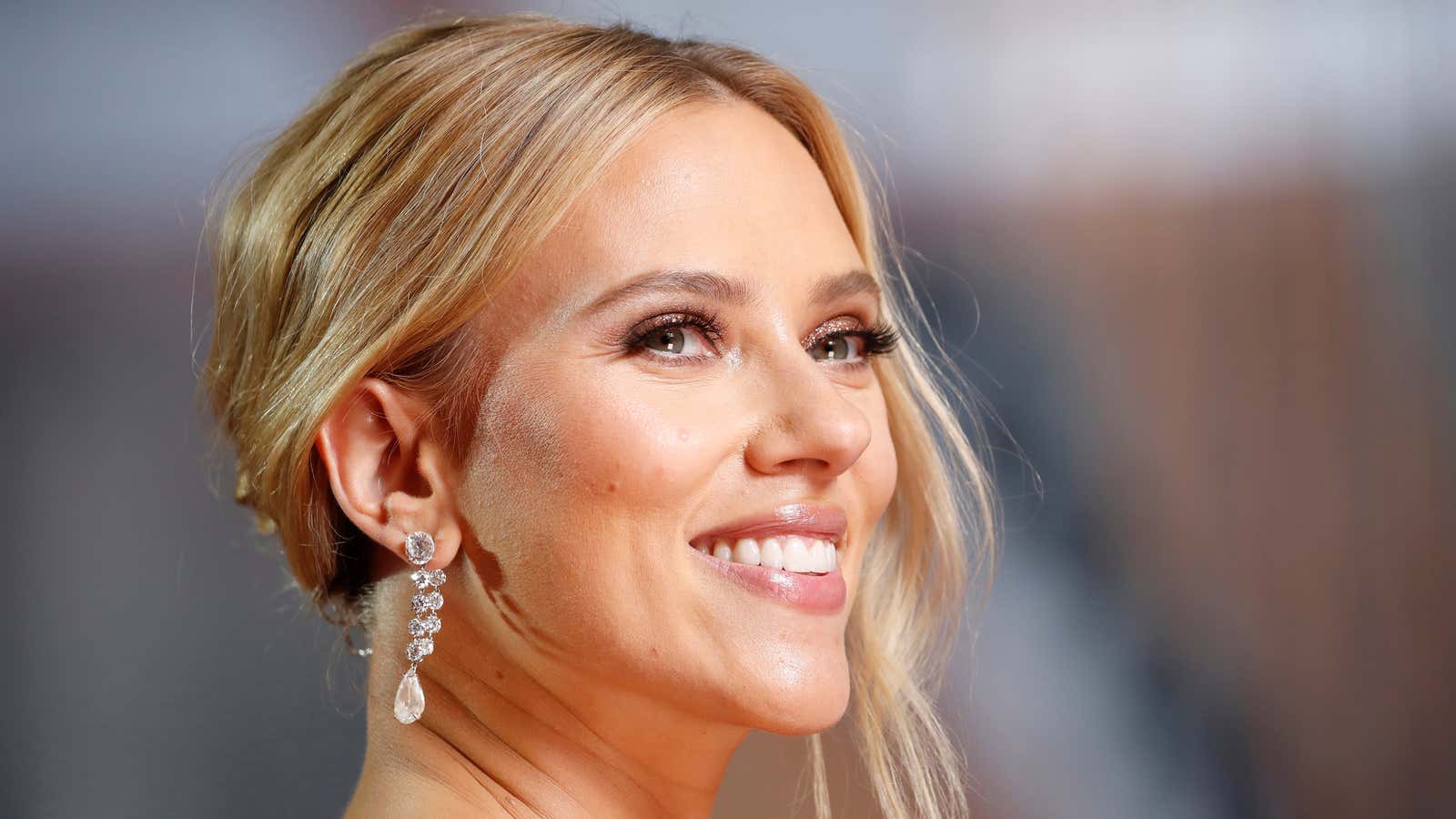Scarlett Johansson and Disney reached a settlement yesterday (Sept. 30) in a lawsuit that alleged the studio deprived the actress of her share of box-office revenue by simultaneously releasing the film Black Widow on its streaming platform and in theaters at the same time. The terms of the settlement were not disclosed.
Disney, Johansson reach settlement after just two months
The actress’s July 29 lawsuit claimed that an executive with Marvel—which is owned by Disney—had promised in a 2019 email that her film deal was based on a traditional theatrical release, and that any change of plans would be discussed with Johansson. But when Black Widow was released on July 9 viewers had the option of either seeing it in theaters or purchasing the movie on the studio’s streaming platform, Disney+, for a $30 premium. This decision was in line with the approach studios have taken for a number of major film releases during the pandemic in light of public health concerns.
In breaching her contract, Johansson’s suit alleged, the studio “successfully pulled millions of fans away from the theaters and toward its Disney+ streaming service.” The decision to release Black Widow on Disney+ is estimated to have cost the star $50 million, according to the Wall Street Journal.
At the time the lawsuit was filed, Disney said in an email that it had no merit, and was “especially sad and distressing in its callous disregard for the horrific and prolonged global effects of the Covid-19 pandemic.” The studio said that Black Widow‘s Disney+ release had allowed the Johansson to earn additional compensation on top of the $20 million she was paid for the film.
But just two months later the studio seems to have changed its tune faced with the threat of losing a major star. “I’m very pleased that we have been able to come to a mutual agreement with Scarlett Johansson regarding Black Widow,” Disney chairman Alan Bergman said in a statement yesterday. Johansson she was “happy to have resolved our differences” with the studio.
Balancing business interests with star power in streaming era
Studios like WarnerMedia and Disney had already begun shifting more offerings to streaming prior to the pandemic, but the closure of theaters last year accelerated that pivot. In October 2020, well after Black Widow had wrapped filming, Disney announced a “strategic reorganization” to boost streaming operations. When the studio rolled out 100 new projects last December, CEO Bob Chapek said about 80% would go directly to streaming, but Black Widow would still be released in theaters as planned.
In pushing ahead with releasing Black Widow both in theaters and on streaming, Disney got caught in a highly public PR battle with one of its biggest stars. Despite the Marvel film’s relatively poor performance—it earned an impressive $80 million on opening weekend but ultimately fell short of expectations—Disney executives have shown they can’t afford to alienate an actress like Johansson, who has appeared in 10 Marvel movies, as Hollywood Reporter editor-at-large Eriq Gardner pointed out.
With the settlement, Disney has ensured that another major film project with the star will move forward as planned. The actress will continue to produce and star in a Tower of Terror film, according to chairman Alan Bergman, though it’s not clear yet what the terms of its release will look like.
